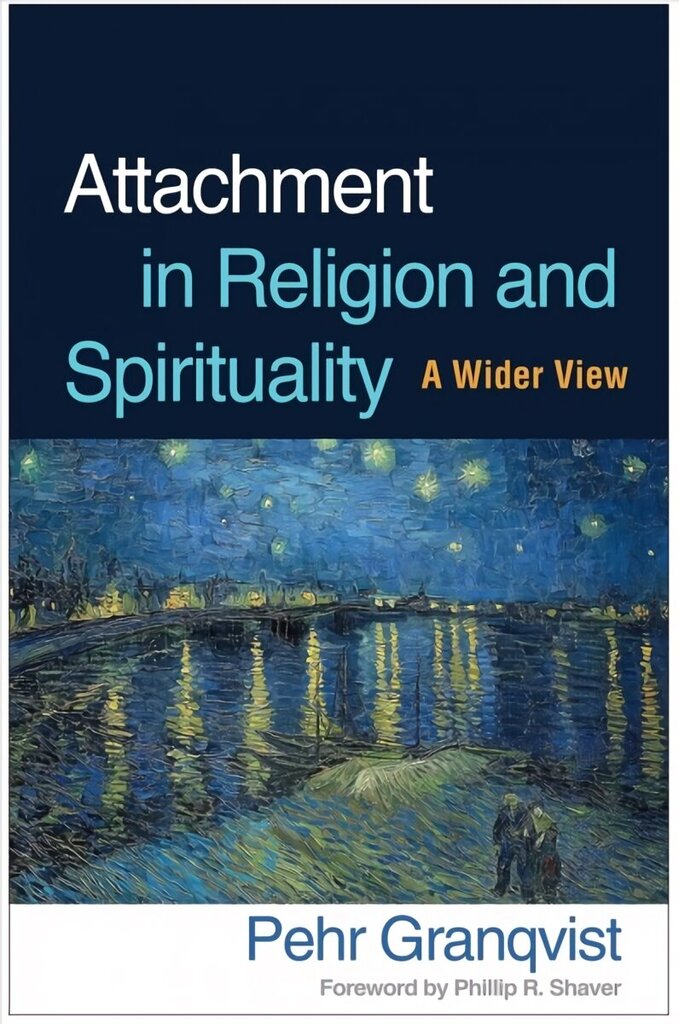Granqvist examines the ways in which aspects of religion and spirituality are linked to emotional attachment processes and close relationships. His approach draws heavily on John Bowlby's attachment theory and the research it has generated in developmental, social, and clinical psychology. He covers normative aspects of attachment, religion, and spirituality; individual differences in attachment, religion, and spirituality; expansions: a wider view of attachment and religion/spirituality; points of convergence and divergence; and beyond attachment, religion, and spirituality: the psychology of secularism. Annotation ©2020 Ringgold, Inc., Portland, OR (protoview.com)
Synthesizing diverse strands of theory and research, this compelling book explores the psychology of religion and spirituality through an innovative attachment lens. Pehr Granqvist examines the connections between early caregiving experiences, attachment patterns, and individual differences in religious cognition, experience, and behavior. The function of a deity as an attachment figure is analyzed, as are ways in which attachment facilitates the intergenerational transmission of religion. The book also shows how the attachment perspective can aid in understanding mystical experiences, connections between religion and mental health, and cultural differences between more and less religious societies. Granqvist's conversational writing style, concrete examples, and references to popular culture render complex concepts accessible.
Synthesizing diverse strands of theory and research, this compelling book explores the psychology of religion and spirituality through an innovative attachment lens. Pehr Granqvist examines the connections between early caregiving experiences, attachment patterns, and individual differences in religious cognition, experience, and behavior. The function of a deity as an attachment figure is analyzed, as are ways in which attachment facilitates the intergenerational transmission of religion. The book also shows how the attachment perspective can aid in understanding mystical experiences, connections between religion and mental health, and cultural differences between more and less religious societies. Granqvist's conversational writing style, concrete examples, and references to popular culture render complex concepts accessible.
